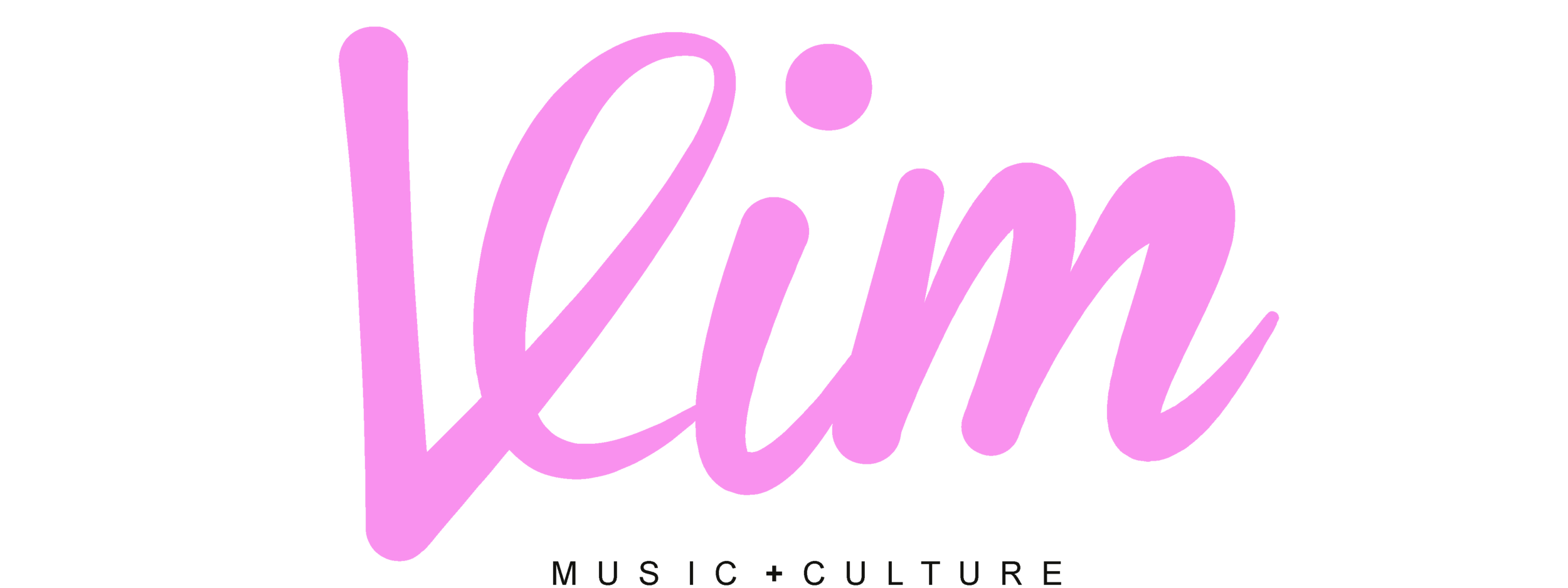RACHEL ASTON
Rachel Aston is a filmmaker and photographer at the Las Vegas Review-Journal where she focuses on short documentaries and telling stories off the Strip. For her, film is a tool of connection, a way to revere the struggles and achievements of people while creatively untangling the human experience. @Rookie__Rae
Q AND A
VIM MAGAZINE: Looking back, what is the thing that stands out most about that time when the Las Vegas strip went dark?
RACHEL ASTON: When the Strip went dark, I recall feeling the weight of what that meant for Las Vegas. Our city’s economy hinges on jobs in tourism. Vegas is a place where you can graduate high school, become a valet or bartender and still support your family and buy a house. There aren’t many places like that. I was fearful for the lives lost due to covid, but also the greater ramifications of people not working - some of that is tangible and some isn’t. I think we’re going to have firmer numbers and data on covid deaths, but not on all of what is lost when people were out of work. I don’t know if the greater cost of how the pandemic altered life for locals will ever be fully known. But we should document it as much as possible to bear witness to it.
VIM MAGAZINE: How has that time period affected you overall?
RACHEL ASTON: I didn’t have any loved ones lost to covid personally, but I photographed many who did. Because so much was closed, our coverage became almost solely pandemic stories. But this job is about covering conflict and grief, so I can’t say that I was changed a lot by it, I just kept doing what I normally do. I would have to say this work is always changing you in that in makes you grow more empathetic and changes your views on people and issues, pandemic or not. The work compelled me to sympathize for both covid victims and their families and covid deniers. We were tossed into a crisis with constantly changing information and constant tribalism.
VIM MAGAZINE: What is your process when capturing images and has it evolve since then?
I’m always balancing being understanding and empathetic to individuals we interview and staying professional. There’s a place between that I think shows the most respect for people but also the job. I would never hug a person on assignment, but I respect their life’s story. I’m always transparent about what the reporter and I are doing, and what the story is about. That process is the same before and after the pandemic, the pandemic just forced that practice daily.
